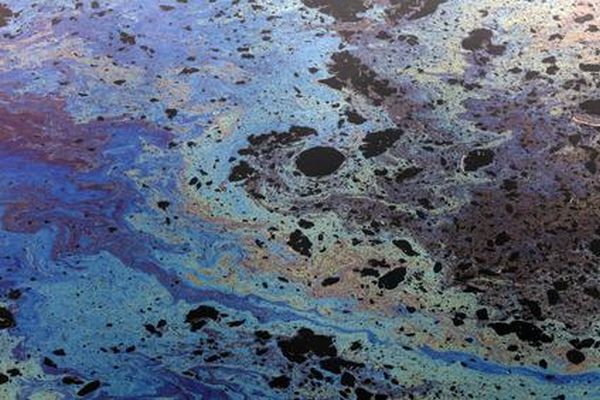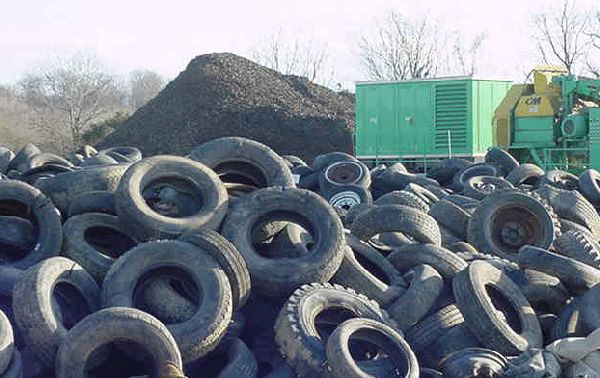Scientists have reported new developments along with successful testing of the very first ‘microsubmarines’ that are designed to be self propelled and can suck oil droplets from contaminated waters and transfer them to collection plants. These machines could very well save us from another 2010 Deepwater Horizon incident, where oil flowed unabated for almost three months and caused extensive damage to wildlife and marine habitats as well as the fishing and tourism industry.

These tiny submarines utilize hydrogen peroxide to run, and can easily reach speeds of up to 26 micro-meters per second when empty. As they reach their full oil cargo capacity, the speed drops down to about 11 micro-meters per second. The small vehicles can carry weights of up to ten times their volume in oil.
Professor Joseph Wang from the University of California San Diego collaborated with ICN student Maria Guix and research professor Arben Merkoci, ICN’s head of Nanobioelectronics and Biosensors group, on the design and testing of the microsubmarines.
The vehicles are built on tubular micro-engines covered with a hydrophobic layer which absorbs the oil droplets. The tiny subs are shaped like a hollow bullet and are propelled forward by bubbles generated from the oxidation of hydrogen peroxide inside.
While constructing the microsubs, a layer of platinum and PEDOT is electroplated on a polycarbonate model. A layer of nickel and gold is then poured over the first layer using e-beam lithography. Lastly, the submarine is coated with self-assembled monolayers or SAMs which enable oil capture at the water-oil interface.
The team believes that what they have created and discovered holds a lot of promise for the expansion and growth of new methods and devices to clean contaminated water bodies, especially in the situation of an environmental disaster such as oil spills. If the subs enter commercial production, cleaning up dangerous oil spills will be much easier and more efficient than current systems.
Via: Sciencedaily




